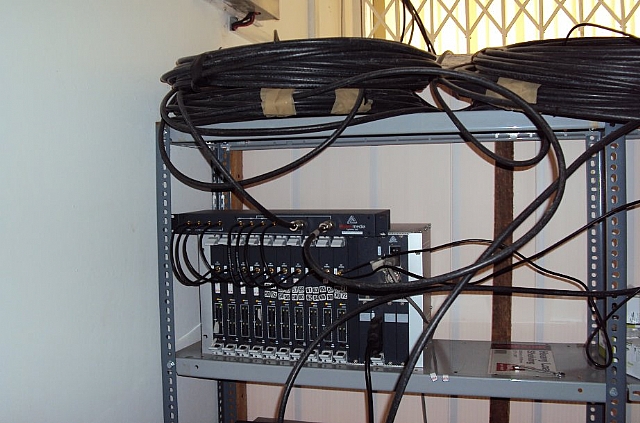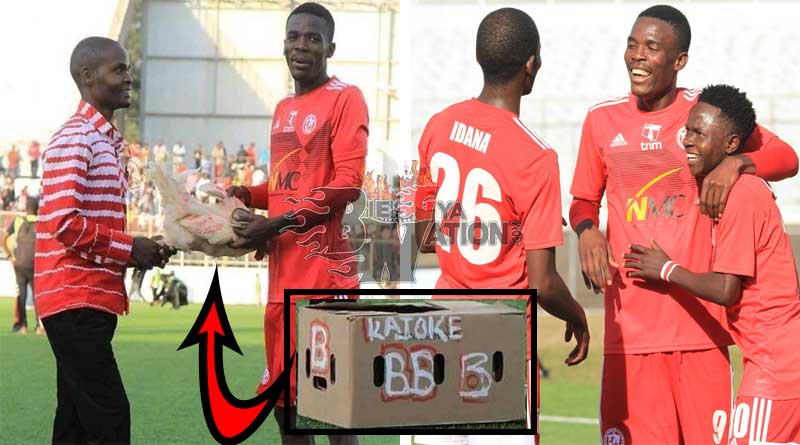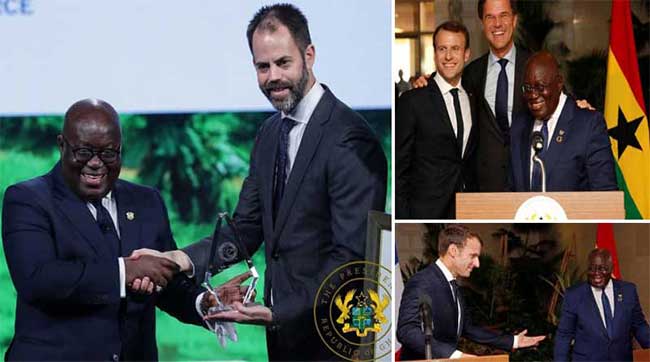Buzzing Moments

- Super User
- Category: Buzzing Moments
- Tuesday, 02 September 2014 06:53
SIMBOX fraudsters arrested for defrauding Ghana US$800,000...
The Criminal Investigations Department in conjunction with stakeholders of the Telecom Sector has succeeded in arresting SIMBOX fraudsters from a location at Dome Pillar 2 on Tuesday, August 26, 2014.
Below is a press release from the Ministry of Communications expressing its gratitude to the security unit for moving swiftly to protect the communications industry in Ghana:
ADDRESS BY DR. EDWARD KOFI OMANE BOAMAH, MINISTER FOR COMMUNICATIONS AT THE JOINT PRESS CONFERENCE ON THE ARREST OF SIMBOX FRAUDSTERS HELD AT THE CID HEADQUARTERS, ACCRA.
The Director General of CID
The CEO of Telecom Chamber
Members of the Telecom Anti-Fraud Task Force
Members of the Media
Ladies and Gentlemen,
Let me first of all commend the Criminal Investigations Department (CID) and the Anti-Fraud Task Force for the arrest of the SIMBOX fraudsters from a location at Dome Pillar 2 on Tuesday, August 26, 2014. I am informed their actions have led to the loss of over US$800,000.
So far we are told, over US$50million has been lost through the actions of SIMBOX fraudsters.
I also note that this is as a result of the vigilance on the part of the security agencies to protect the integrity of the nation's communications industry and with it, protect the revenue that is lost through the activities of the fraudsters.
As you would recall, Government in 2009 passed the Electronic Communications (Amendment) Act, Act 786 to provide a minimum rate of international incoming electronic communication traffic and for related matters.
The minimum rate was established to support the stability and profitability of the Ghana market and also to protect the operating service providers from folding up their operations and laying off Ghanaian workers.
The action was therefore to compel international telephone traffic to pass through the existing licensed international gateways and pay appropriate termination rates to the telecom operators. This would in effect increase the volumes of traffic and also improve revenue earnings for the companies.
SIMBOXING
The technology exists for alternative (illegitimate, criminal and fraudulent) routes to be employed to bring international telephone traffic into the country without passing through the registered International Gateways. Because these are not official and unregistered they do not pay relevant fees and taxes. They also divert revenue from the telcos to their private accounts and those of their collaborators both inside and outside the country.
The illegal by-pass is done by illegal Operators who use a device called SIMBOX, which can accommodate from 4 to 50,000 SIM cards. The SIMBOX converts international calls it receives through the internet to convert and present these as local calls to the receiving public.
The availability of high speed internet as well as unregistered SIM cards facilitates the business of SIMBOXing.
Through the activities of the illegal Operators, the international telephone traffic that reached nearly 100 million minutes per month with the introduction of International Gateway Monitoring framework by the National Communications Authority (NCA), has plummeted to less than 60 million minutes per month.
If we consider that six cents is contributed on every call per minute to the Consolidated Account of Government to be used for national development then we can do our own calculations of what is lost through the activities of the fraudsters at the end of every month.
THE ANTI-FRAUD TASK FORCE
It is in this regard that I wish to commend all the patriotic citizens in the CID, the Task Force and the MTN for rising above all the temptations to make this significant arrest. You can see from the evidence that there is always collusion with external interests to defraud our system. The exercise by our Security Agencies should therefore send a message that we are also prepared for them. We shall chase them and smoke them out of the 'holes' in which they are hiding.
Let me take this opportunity to assure Ghanaians that Government is supporting the work of the Anti-Fraud Task Force with appropriate policies and regulatory actions to improve transparency in the telecommunications industry. Indeed, recognizing the limitations of existing licensing regime and to address the
challenges faced by operators who have implemented peer-to-peer interconnect regimes, the ITU has provided recommendations to resolve interconnection disputes and also to guide the licensing of Next Generation Networks.
The Final Acts of the World Conference on International Telecommunications (WCIT) 2012 has also provided a framework to guide the regulation of international telecommunications services that Ghana can take advantage of to enhance transparency and eliminate fraud within the Ghana telecommunications eco-system.
To improve the eco-system therefore, I am happy to inform that Government has approved four new policies to introduce four new licenses to regulate emerging value- added services. These licenses are:
INTERCONNECT CLEARING HOUSE LICENCE: with a potential to control the incidence of by- pass of incoming international telephone traffic to the country.
INTERNATIONAL WHOLESALE LICENCE
UNIFIED ACCESS SERVICE LICENCE and
MOBILE VIRTUAL NETWORK OPERATIONS LICENCE (MVNO)
The introduction of the new licenses will expand the range of value-added, services, especially the introduction of premium services by third party content providers. They will encourage competition and grant a level and fair playing field within the communications eco-system.
The improved interconnection regime will ensure high quality of service delivery to consumers and the positive impacts include benefits of expanded access to communication services.
With these policy guidelines, and others in the pipeline, it is our expectation that the communications landscape will respond to the challenges, including the SIMBOXing menace and ensure that it opens up the opportunities for national development and local entrepreneurship.
Thank you.
CREDIT: Radioxyzonline.com













































































